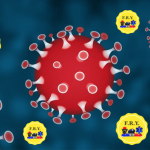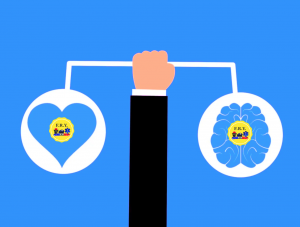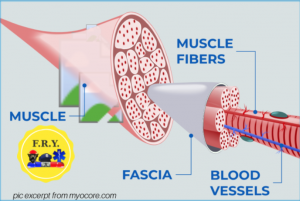
Are you feeling tired after a long cognitive work shift?
First Responders suffer from mental exhaustion due to the pressures of a long work shift. It is more obvious that physical exertion and manual labor can drain your energy. Less clear is what complex cognitive tasks involve.
Feeling Tired After a Long Cognitive Work-Shift. The science behind it.
Researchers have found new evidence to explain why thinking causes mental exhaustion. And they also discovered that intense concentration leaves less brain power for making decisions.
The reasons?
- Hard cognitive work leads to glutamate accumulation in the lateral prefrontal cortex
- The need for glutamate regulation reduces the control exerted over decision-making
- Reduced control favors the choice of low-effort actions with short-term rewards
You can read the full study on Current Biology
Behavioral activities that require control over automatic routines typically feel effortful and result in cognitive fatigue. This fatigue is related to the necessity of recycling potentially toxic substances accumulated during cognitive control exertion
The research used magnetic resonance spectroscopy (MRS) to monitor brain metabolites throughout a workday. Two groups of participants performed either high-demand or low-demand cognitive control tasks, interleaved with economic decisions.
Choice-related fatigue markers were only present in the high-demand group. The same group experienced a reduction of pupil dilation during decision-making and a preference shift toward short-delay and little-effort options (a low-cost bias captured using computational modeling).
At the end of the day, high-demand cognitive work resulted in higher glutamate concentration and glutamate/glutamine diffusion in the lateral prefrontal cortex, which is a cognitive control brain region.
The result supports a neuro-metabolic model in which glutamate accumulation triggers a regulation mechanism that makes lateral prefrontal cortex activation more costly. This explains why cognitive control is harder to mobilize after a strenuous workday.
Now you know the reason why when you come home after a long work shift you prefer opting for a microwave easier dinner instead of cooking. You have limited energy and your mind naturally tends towards the easiest option.
The intense and long mental labor day results in toxic byproducts in the brain (glutamate). These toxins accumulate in the prefrontal cortex, which can reduce decision-making abilities and cause cognitive decline.
Feeling Tired After a Long Cognitive Work-Shift. What can we do to avoid this?
I hope that the First Responders’ organizations
- would recognize the importance of self-care, encouraging staff to participate in some gentle mental and physical mindful activities such as yoga, breathwork, and meditation whose mental and physical benefits are supported by science. You can read more about it on FRY Canada’s research and links page
- would allow their employees to share their feelings without red-flagging them. First Responders are human and having special mental health support can help them move through their challenging job.
What can you personally do?
Engage in meditation activities that can shut your sympathetic nervous system off and can improve the release of feel-good hormones in your body. That can help to make you feel restored.
We at FRY can help.
Meditation, Breathwork, Functional Yoga Movement, Relaxation, and Positive Affirmations are all supported by science to help you to overcome physical injuries and burnout.
Chose FRY. We are here to Help You!





